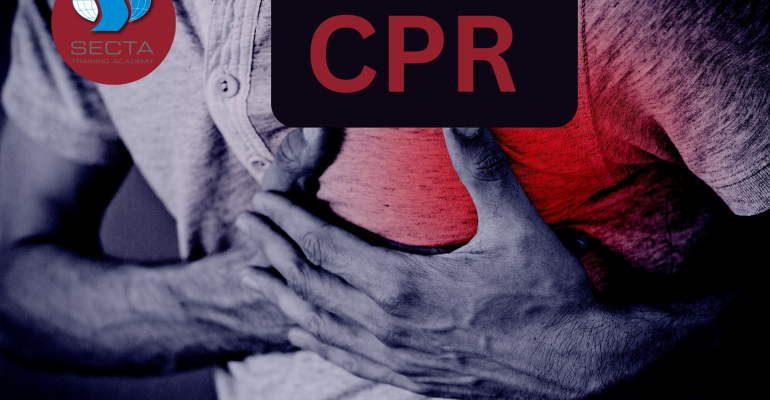CPR
24 June 2023 2023-06-24 1:26CPR
Cardiopulmonary resuscitation (CPR) is an essential emergency procedure that plays a crucial role in saving lives during cardiac arrest. Here’s why CPR is important:
Preservation of Brain Function: CPR helps to maintain blood flow to the brain and other vital organs when the heart has stopped beating. By providing chest compressions, CPR artificially circulates oxygenated blood throughout the body, preventing brain damage and increasing the chances of survival.
Bridge to Advanced Life Support: CPR acts as a bridge until advanced life support measures, such as defibrillation or administration of certain medications, can be initiated. Starting CPR immediately after cardiac arrest buys valuable time for emergency medical services (EMS) to arrive and provide further medical interventions.
Increased Survival Rates: Prompt initiation of CPR significantly improves the chances of survival for individuals experiencing cardiac arrest. The timely administration of chest compressions helps to maintain oxygenation and circulation until advanced medical care can be provided. Studies have shown that early CPR, when combined with early defibrillation, can increase survival rates dramatically.
Easy to Learn and Perform: CPR techniques are designed to be easily taught and performed by individuals without medical training. Basic life support (BLS) courses are available to the general public, providing instructions on how to perform effective chest compressions and rescue breaths. By empowering people with CPR skills, more bystanders can step in and provide immediate assistance until professional help arrives.
It is important to note that CPR is not a definitive treatment for cardiac arrest but rather a crucial step in the chain of survival. For the best outcomes, it should be combined with early activation of emergency medical services and access to advanced medical interventions.
www.secta.com.au



